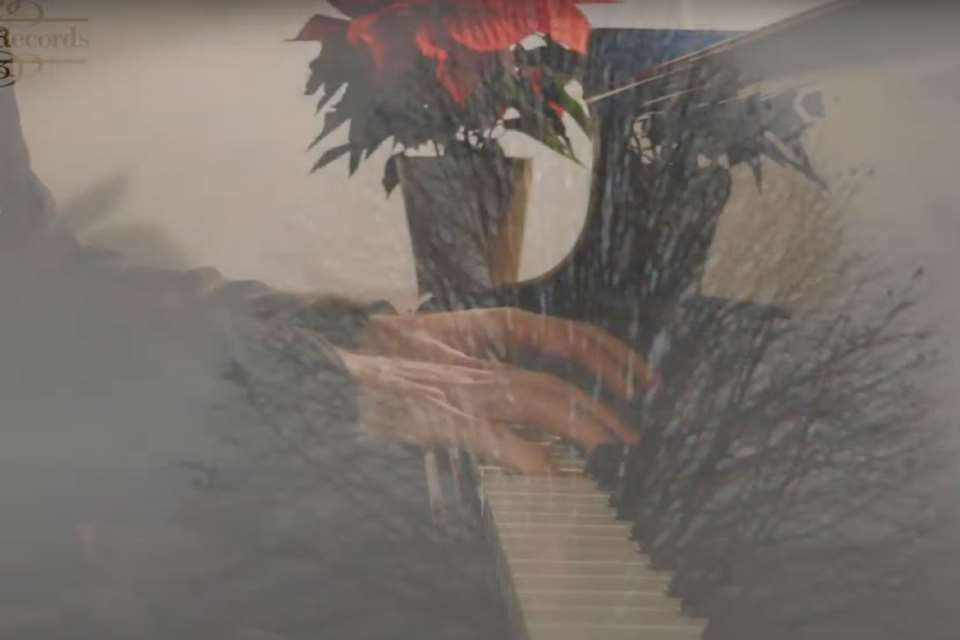Richard Blackford: we explore the composer's music
Monday, April 11, 2022
From cantatas to concertos, Michael White looks over the artist's ever-evolving musical voice
Register now to continue reading
Thanks for exploring the Gramophone website. Sign up for a free account today to enjoy the following benefits:
- Free access to 3 subscriber-only articles per month
- Unlimited access to our news, podcasts and awards pages
- Free weekly email newsletter









